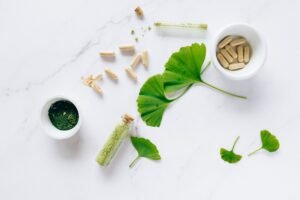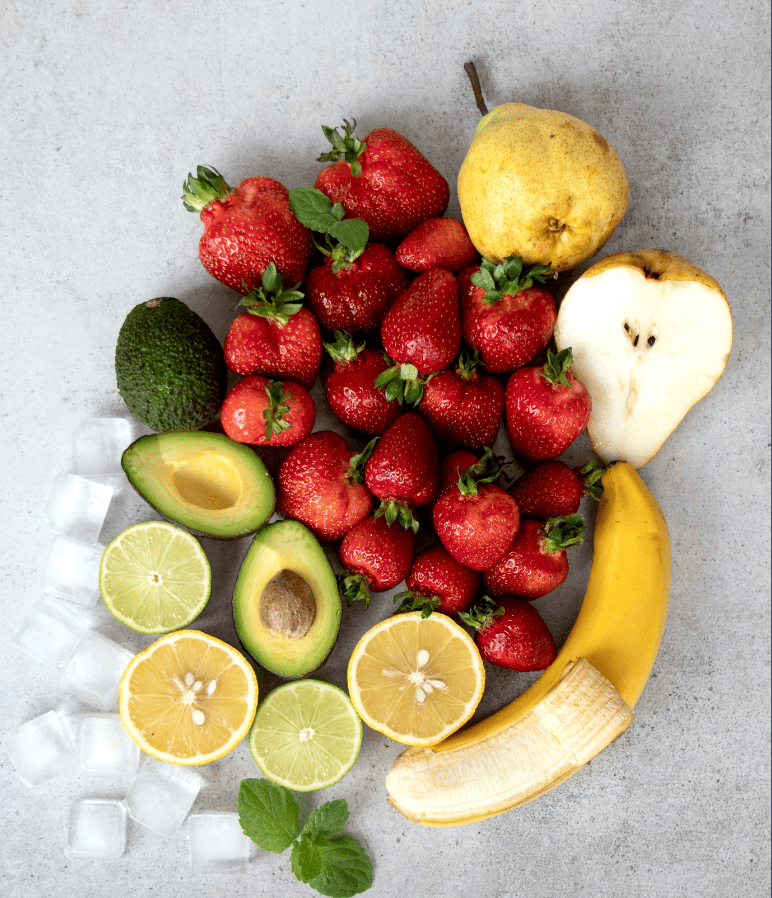
Collagen is a protein that provides structure to the skin, hair, nails, bones, and connective tissues.
While the body produces its collagen, the process naturally declines with age. Including collagen-rich foods in your diet can support your body’s natural collagen production.
Here are some natural food sources of collagen:
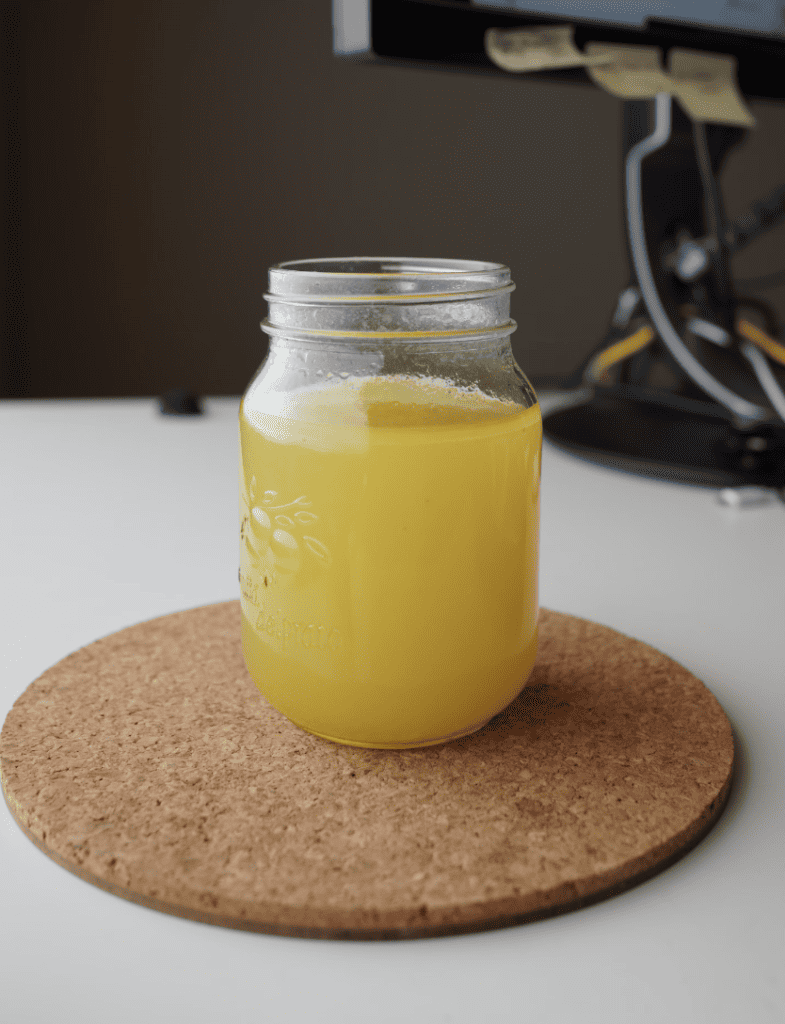
#1. BONE BROTH
Why: Bone broth is one of the richest sources of collagen.
It is made by simmering animal bones (such as chicken or beef) for an extended period, releasing collagen and other beneficial compounds into the broth.
How to Include: Drink bone broth as a warm beverage or as a base for soups and stews.
#2. FISH
Why: Fish, particularly the skin, is a good source of collagen.
Salmon, mackerel, and other fatty fish also contain omega-3 fatty acids, which are beneficial for skin health.
How to Include: Include fish in your diet by grilling, baking, or poaching.
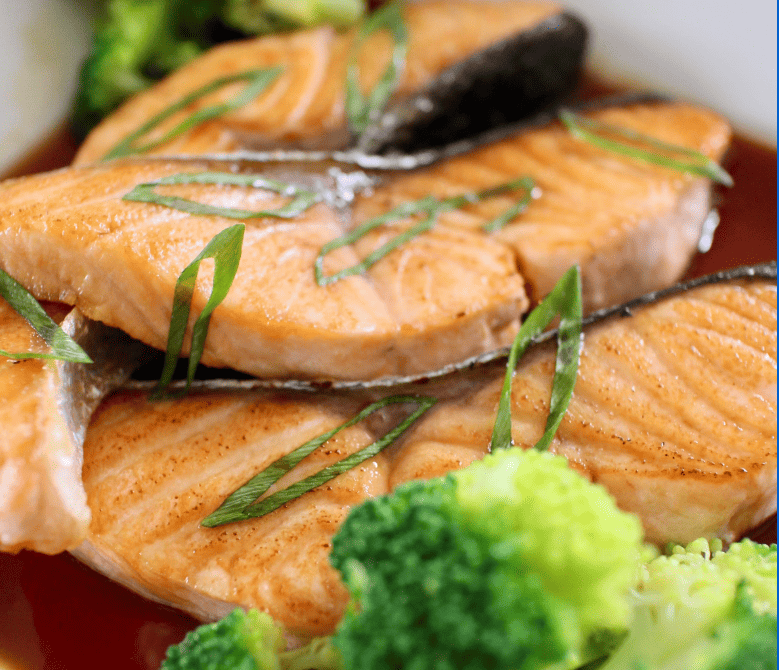
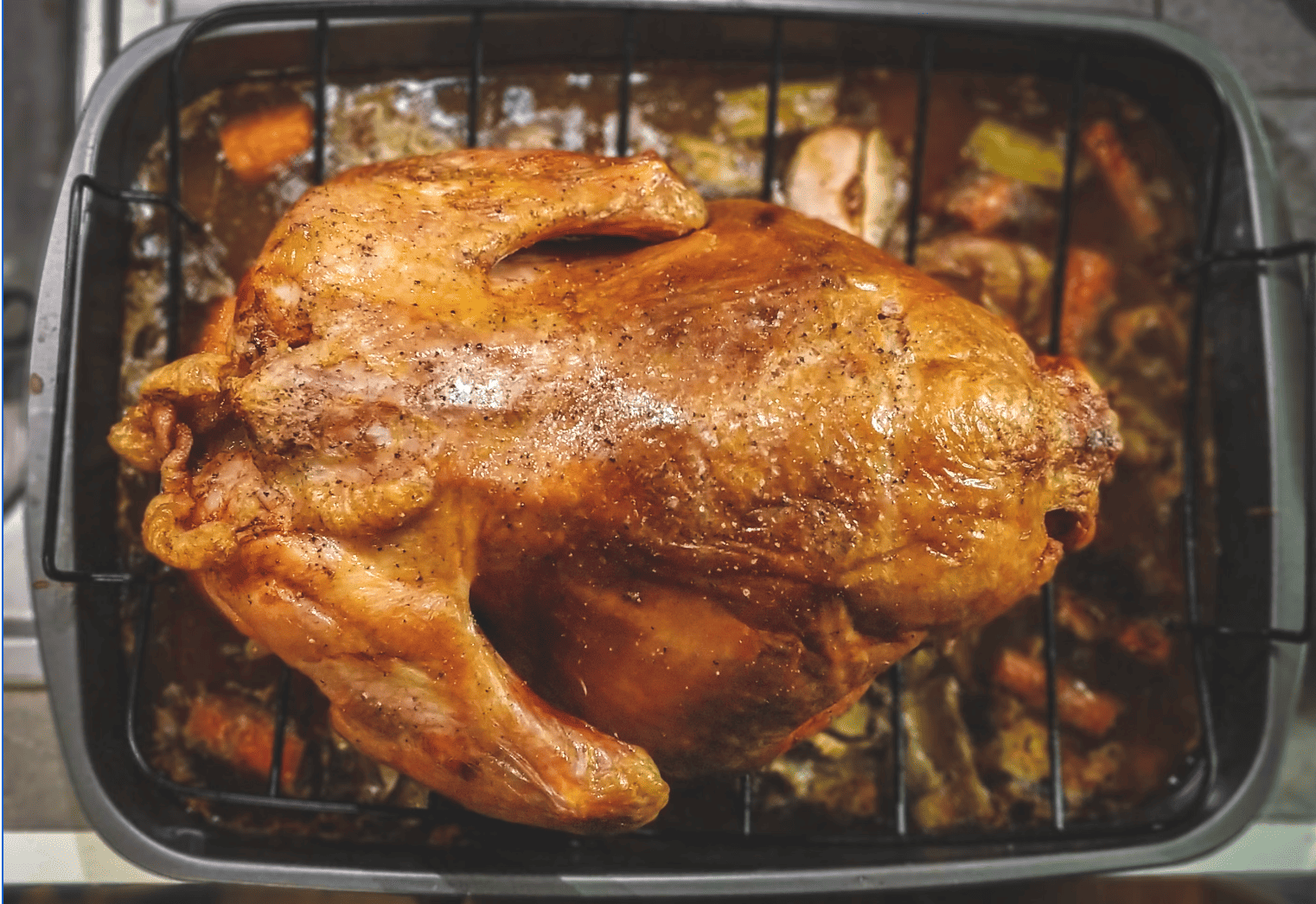
#3. CHICKEN SKIN
Why: Chicken skin contains collagen; consuming it can be a tasty way to boost your collagen intake.
Chicken also provides amino acids like proline and glycine, which are essential for collagen structure.
How to Include: Enjoy chicken with the skin on, whether roasted, grilled, or baked.
#4. AVOCADO & ITS OIL
Why: Avocado is a nutrient-dense fruit that provides vitamin E and healthy monounsaturated fats, contributing to skin hydration and overall health.
How to Include: Add avocados to your diet and avocado oil to salads.
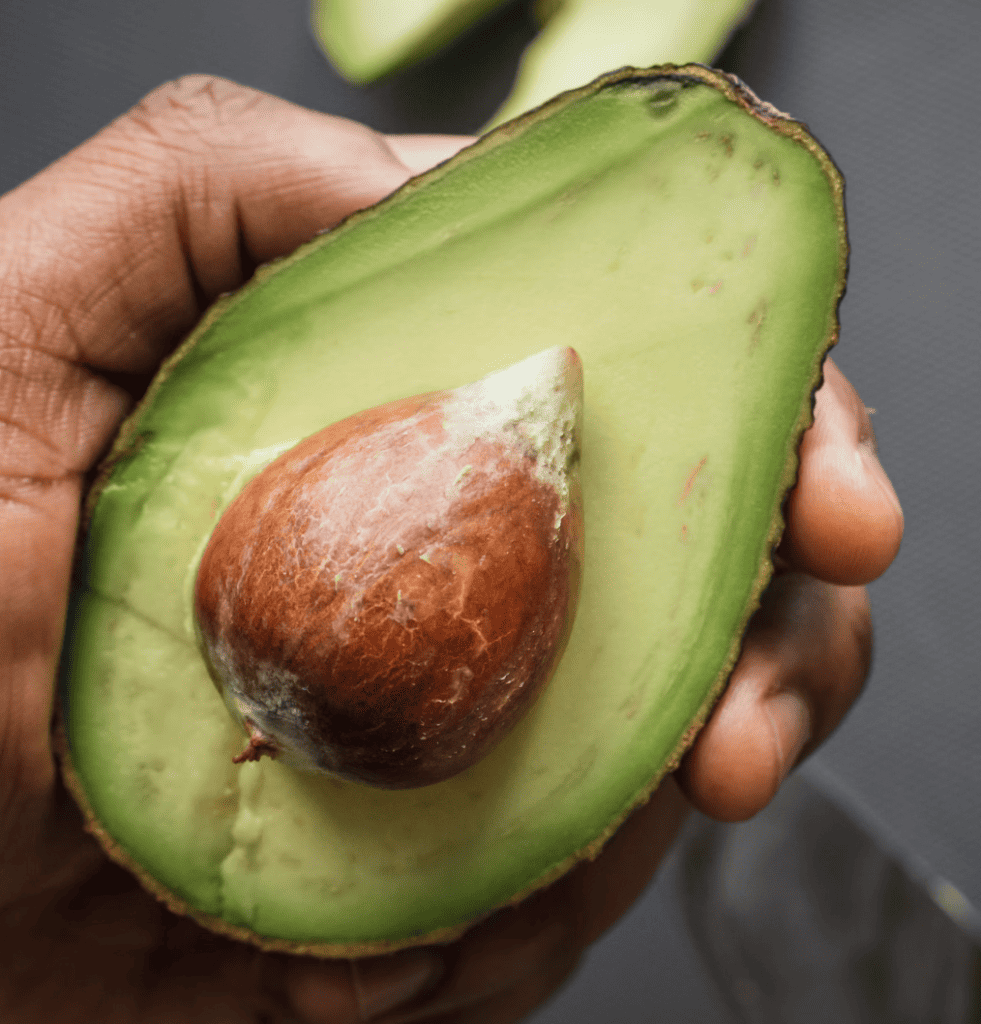
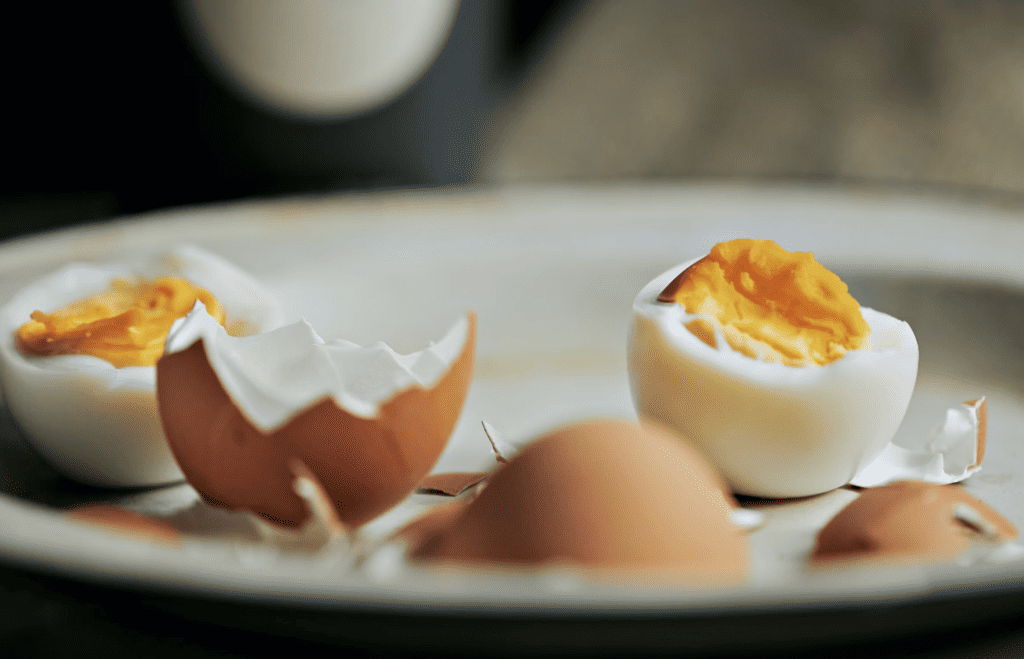
#5. EGG WHITES
Why: While egg whites don’t contain collagen, they are rich in proline, an amino acid necessary for collagen production.
How to Include: Use egg whites in omelets, hard-boiled eggs, smoothies, or as a protein source in various dishes.
#6. CITRUS FRUITS
Why: Citrus fruits like oranges, grapefruits, lemons, limes, and tangerines contain vitamin C, which is essential for collagen synthesis.
Vitamin C is involved in the process of cross-linking, which stabilizes and strengthens collagen fibres. This cross-linking is necessary to form a robust collagen matrix in the skin.
How to Include: Enjoy citrus fruits as snacks, salads, or fresh juices.
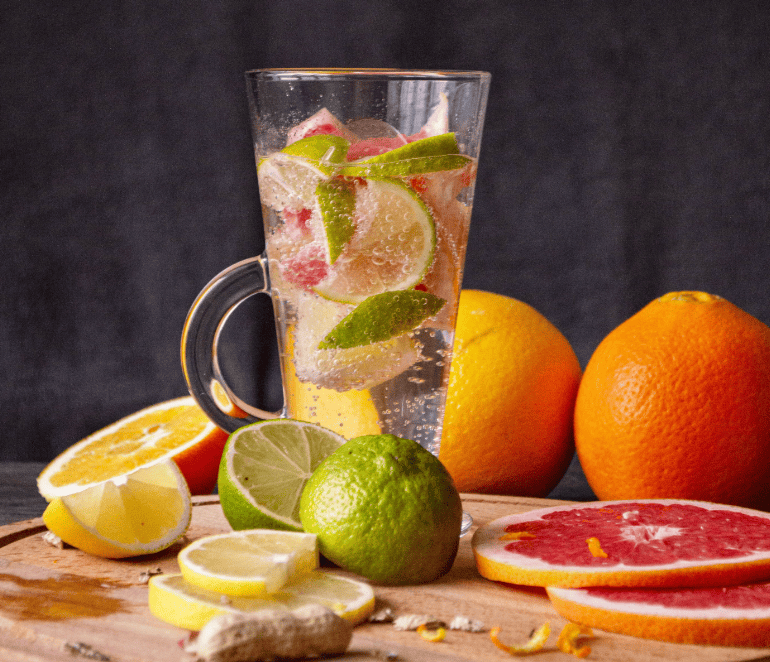
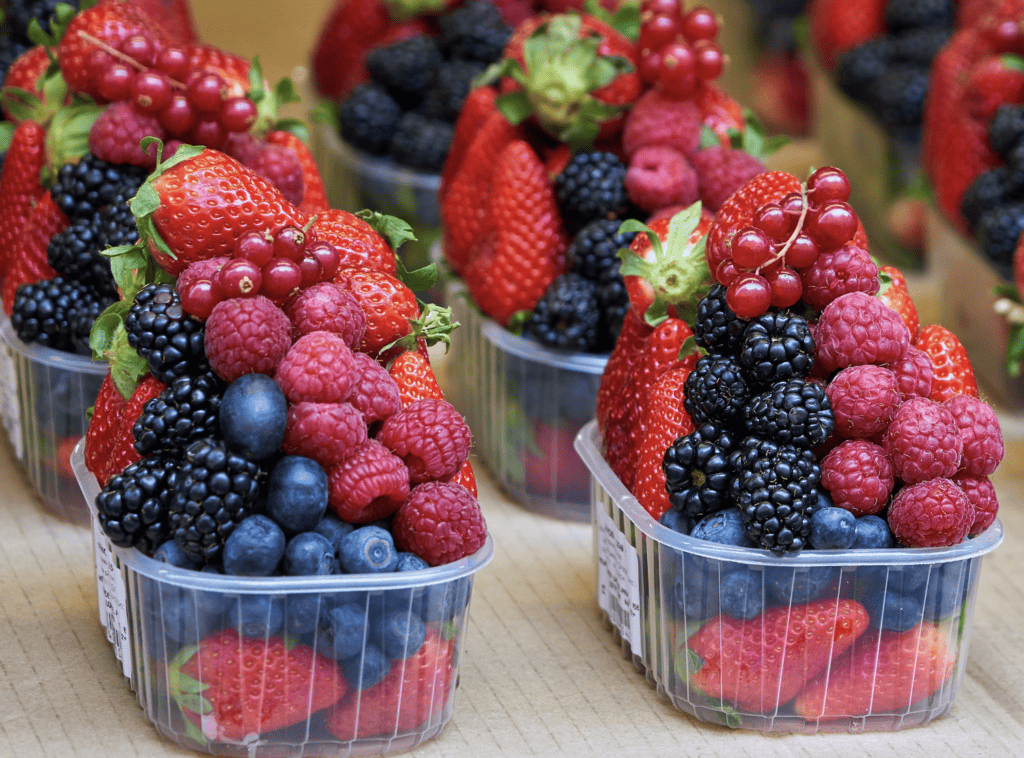
#7. BERRIES
Why: Berries, such as strawberries and blueberries, are rich in antioxidants that help protect existing collagen from damage.
How to Include: Add berries to yogurt, oatmeal, or smoothies for a nutritious and collagen-supportive
#8. TOMATOES
Why: Tomatoes are collagen-boosting powerhouses due to their rich vitamin C and lycopene content.
Vitamin C is essential for collagen synthesis and is pivotal in forming connective tissues.
How to Include: Enjoy them in salads, sauces, or as a flavorful addition to various dishes for a natural boost to your skin’s vitality.
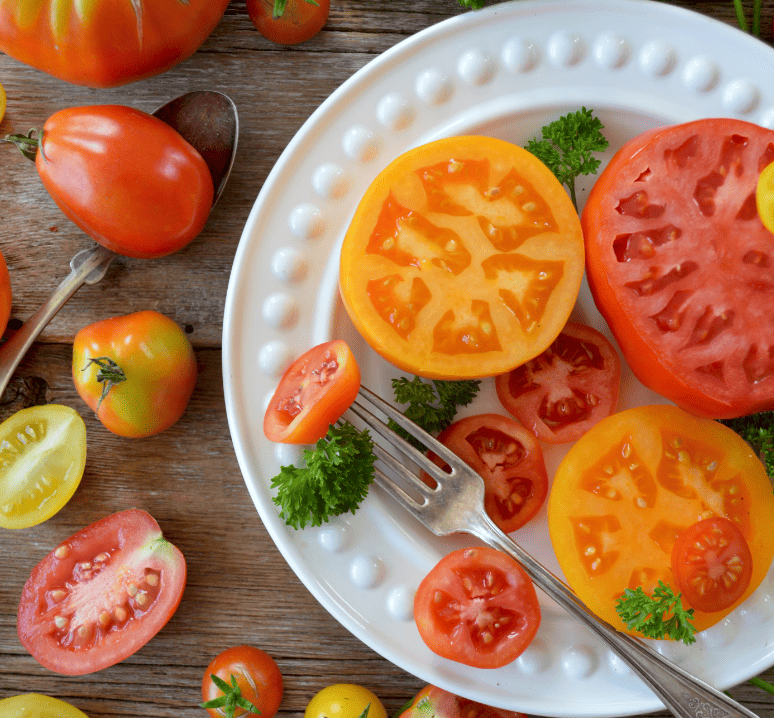
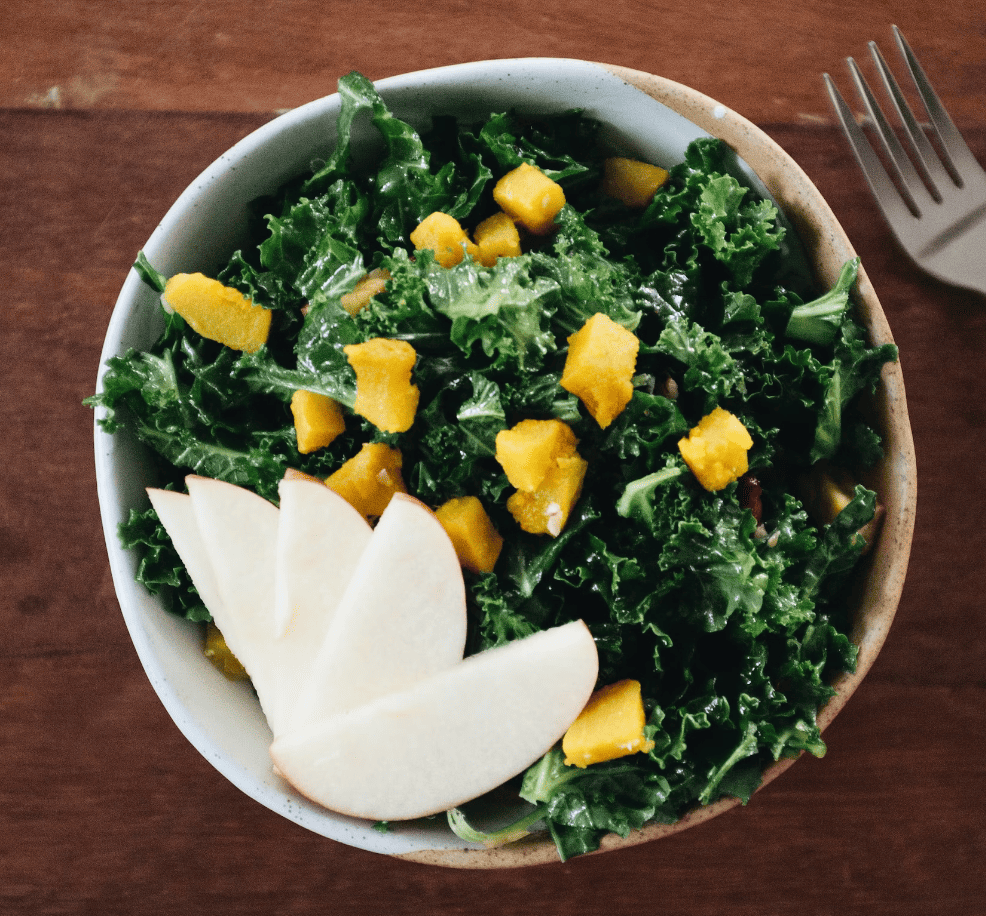
#9. LEAFY GREENS
Why: Leafy greens like spinach and kale are collagen-boosting champions, packed with vitamins A and C.
Regularly consuming leafy greens contributes to skin elasticity, helping you achieve a radiant and healthy complexion.
How to Include: A spinach and berry smoothie or a kale salad with citrus vinaigrette provides a delicious and nutritious meal and delivers the essential components for robust collagen production.
#10. BELL PEPPERS
Why: Bell peppers are collagen-boosting allies, containing high levels of vitamin C, a vital nutrient for collagen synthesis.
Incorporating bell peppers into your diet supports collagen production, contributing to healthy and supple skin.
How to Include: Enjoy bell peppers in raw salads, stir-fries, sliced for dips, or roasted in various dishes to maximize their nutritional benefits.
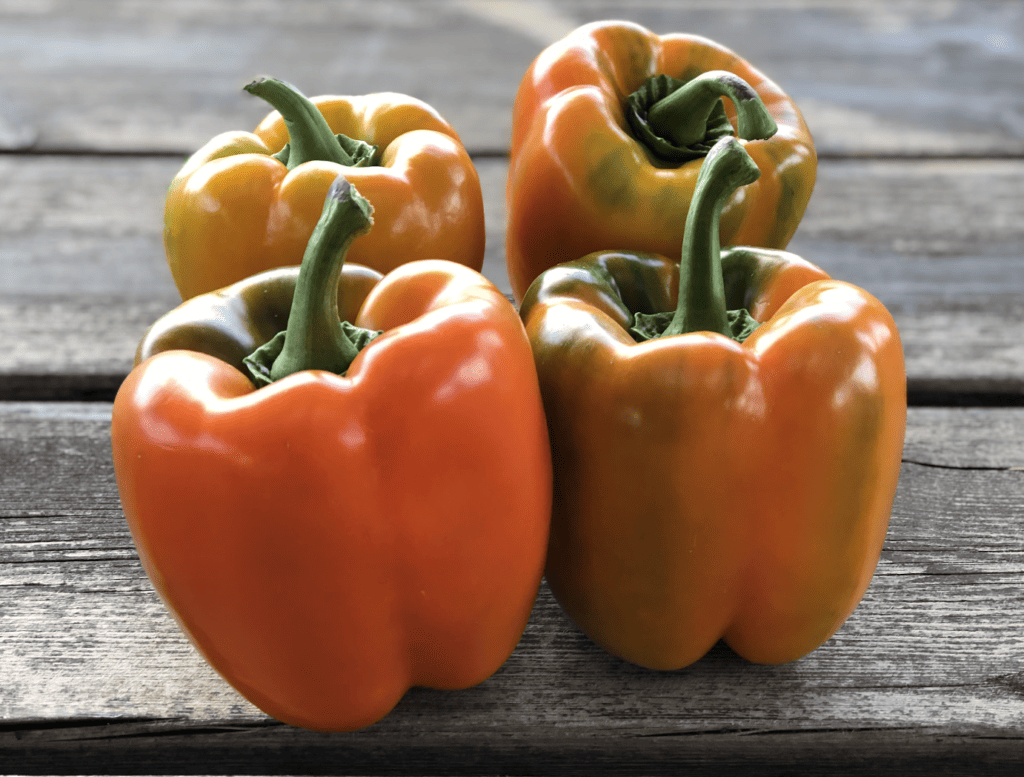
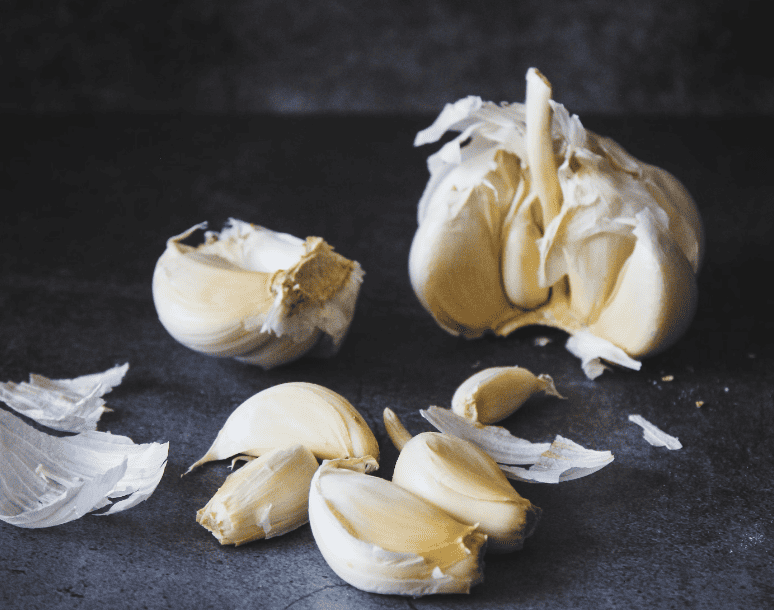
#11. GARLIC
Why: Garlic supports collagen production through sulfur-containing compounds like allicin.
These compounds promote collagen synthesis, fostering skin.
How to Include: Use garlic in various savoury dishes, sauces, or roasted vegetables.
#12. BEANS
Why: Beans are collagen-boosting superfoods rich in critical nutrients. They contain high levels of copper, an essential mineral for collagen synthesis.
Copper is crucial in cross-linking collagen fibres, enhancing skin strength and elasticity.
How to Include: Incorporate beans, such as black beans, chickpeas, or lentils, into salads, stews, or wraps to enjoy their collagen-promoting benefits.
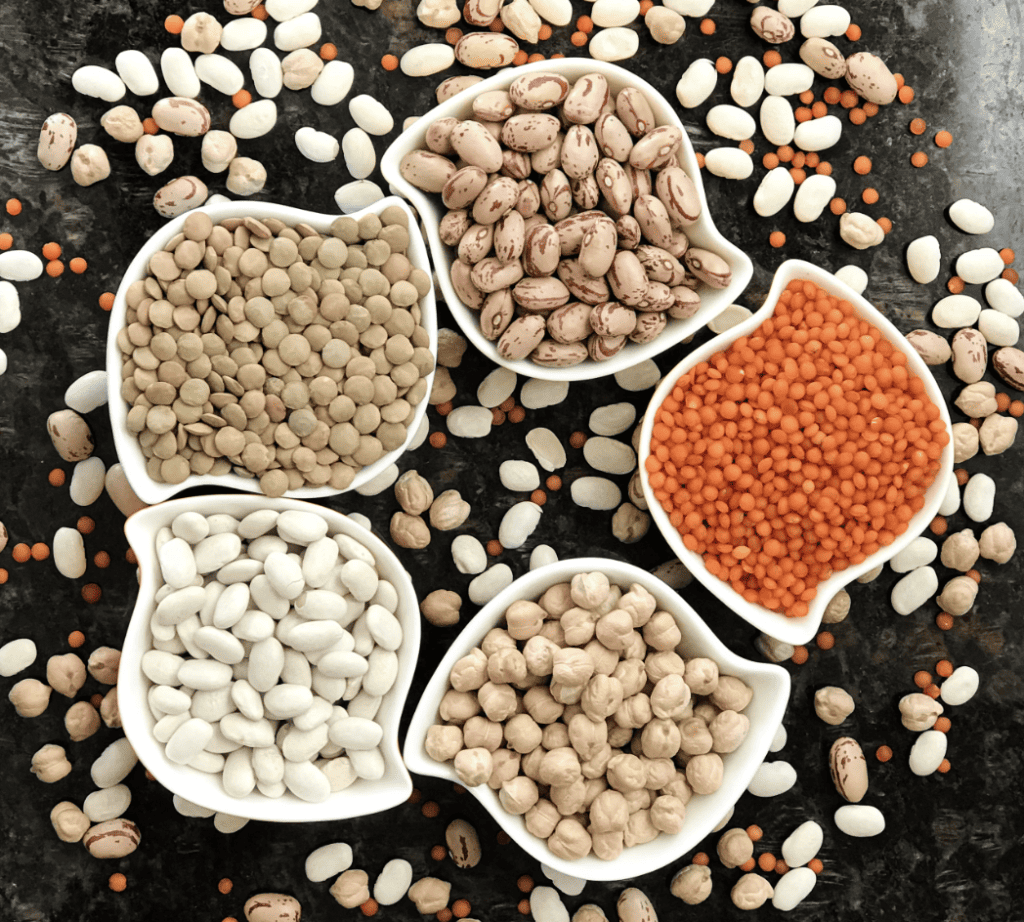
In addition to incorporating these collagen-rich foods into your diet, staying hydrated is essential for supporting overall skin health and collagen synthesis.
Maintaining a diet rich in vitamins and minerals, especially vitamin C, zinc, and copper, can further support collagen production.
Incorporating collagen-boosting foods into men’s wellness and health approach to support overall wellness. From joint health to muscle function, the nutrients found in foods like fish, citrus fruits, leafy greens, tomatoes, and beans contribute to resilient skin, robust connective tissues, and enhanced vitality.
Prioritizing these nutrient-rich choices fosters long-term well-being, promoting a healthier and more active lifestyle for men.









